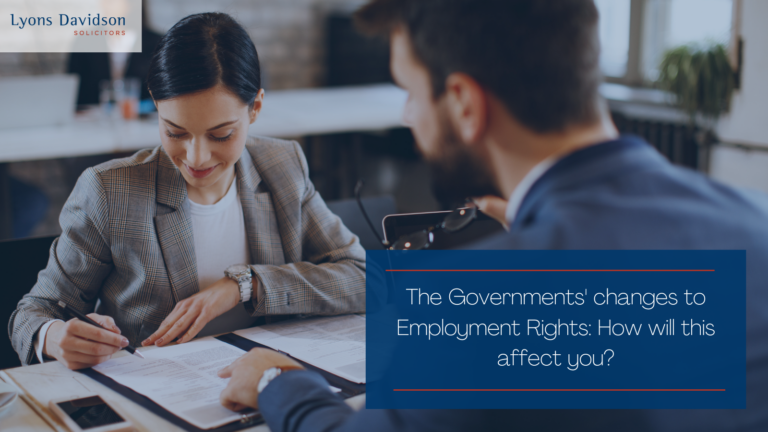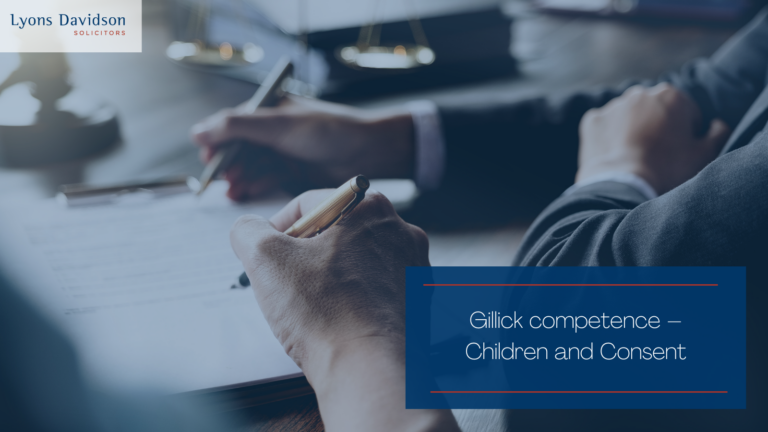We’re all too familiar with the notion of witnesses within the litigation procedure, they either tend to be present at the start of the claim or pop up randomly at any point of litigation. Witnesses are of two sorts, non-independent witnesses including passenger witnesses, or independent witnesses (i.e. in other vehicles or pedestrians).
Types of witnesses
There are different types of witnesses that any party may present to court to aid in their side of the claim;
- Independent Witness; Not known to either party but has seen the incident occur
- Known/Passanger Witness; Is known to a party and has seen the incident occur
- Expert Witness; Very experienced professionals who are asked to provide their opinion on the subject matter
Need for witnesses?
Where we are presented with a case that involves an independent witness, quite often we find ourselves making an extra effort to obtain the witnesses assistance and persuade them to assist in order that we can achieve a quick and effective resolution of our claims. Where a witness is known, we find ourselves disengaged as we resign ourselves to the false opinion that known/passenger witnesses cannot help us to achieve a quick and effective resolution.
The fact is that a passenger/known witness is better than having no witness as a Judge can only proceed with what is being presented to him. Having another person corroborate the same incident circumstances as the Claimant provides the Judge with the arsenal to apply more weight to the Claimant’s version of events. As legal representatives we must act in the best interests of our client, meaning every possible avenue must be explored and all evidence available must be obtained in order to help the Claimant at trial. Even if this means including a passenger statement which may not ultimately have any weight, the prospects of this evidence swinging the balance in our client’s favour should not be dismissed lightly.
A passenger witness is deemed a credible witness if they can show that their statement is not biased, and reflects the incident circumstances as they occurred. We do not and should not expect identical statements from the Claimant and passenger witness. They are separate people with separate personalities and this should be visible through the tone and language of the witness statements, as well as their oral evidence. If a passenger can confirm with certainty the Claimant’s version of events we should attempt to include their evidence without fail.
Case Law
In Barbara Cook v Geodis Transport, a case that dealt with a roundabout collision, District Judge Ashley found in favour of the Claimant and stated both witnesses, the client and the passenger, gave clear and corroborating evidence. We must note that merely taking a witness to trial is not sufficient; they must be properly prepared before trial. We should also take reasonable precautions to ensure that a passenger witness will not be detrimental to the Claimant’s case in any way. The passenger in this case was confident about giving evidence and more persuasive, much to the dismay of the Defendant.
Conclusion
The SRA Code of Conduct for Solicitors at Point 3 deals with Service and Competence in the service we provide our clients’, whether we are qualified Solicitors or not, we are all Officers of the Law and thus, the same Service and Competence applies throughout. One could argue that is our duty to ensure that we are including passenger statements to ensure that we comply with our obligation. We should not seek to discriminate between the witnesses and should instead endeavor to use passenger witnesses at all given opportunities, to provide the best outcome for our clients’ as well as ensuring we have complied with our obligations under the SRA Code of Conduct.
For more information please contact Ajmal Maniar on [email protected] or 0113 368 6161



